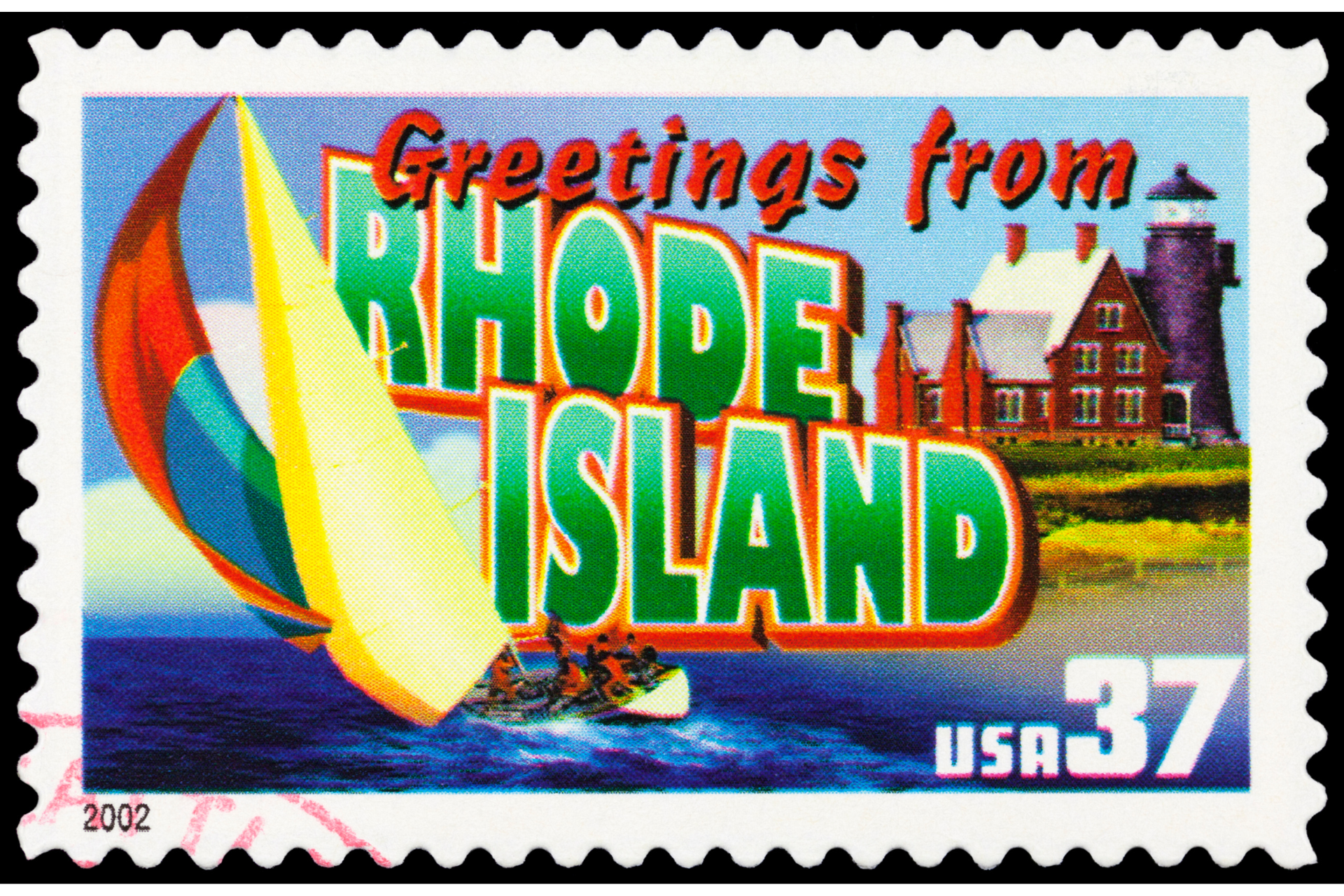Three independent nations have treaties with the United States called Compacts of Free Association (COFAs). These countries, which are known as the Freely Associated States (FAS) include the Republic of Palau, the Republic of the Marshall Islands and the Federated States of Micronesia.
In an article in the Sunday Guardian, author Cleo Paskal explained that the economic assistance and federal U.S. services components of the Compacts, such as those covering postal services and education programs, must be periodically renewed. “We are in that renewal period now,” she explained. “The terms have been agreed between the U.S. and the countries, but they need to be passed by the U.S. Congress.”
Will the Compacts be renewed? The current Congress, which is so far the least productive Congress since the Great Depression, has not been able to accomplish this.
A recent compromise extended current funding for the Marshall Islands and the Federated States of Micronesia until February of 2024 from their original expiration date of September 30, 2023. Palau was not included in this stop-gap measures. “Unless renewed,” says the Guardian, “on January 1st Palau falls into serious debt leaving a huge opening for China.”
It’s Happened Before.
The Guardian points out that Palau has faced similar problems in the past. “From 2010 to 2018, due to similar complications with Congress, its funding was discretionary rather than mandatory, permeating its economy with uncertainty,” the article continues. “China took full advantage.” This took the form of economic pressure as China removed Palau from its list of “approved destinations” for Chinese tourists, strongly affecting Palau’s revenue from tourism.
What’s next for the FAS?
There is no guarantee that Congress will pass legislation to continue its economic assistance of these foreign countries in early 2024. The Compacts with the U.S. have all been signed now but Congress has provided no assurances that they will be funded. The situation is precarious. The U.S. Institute of Peace warns that China “is positioning itself to take advantage of any deterioration in US-FAS relations.”
How Does this Matter to Puerto Rico?
As foreign countries, the FAS have no representatives in Congress – not even a non-voting Resident Commissioner like Puerto Rico’s.
The free association arrangement has received renewed attention in Puerto Rico since the Puerto Rico Status Act passed the House last year. This bill, which includes free association as an option for the political status of Puerto Rico, was reintroduced this year in the House. A companion bill was introduced in the Senate.
U.S. free association relationships reflect a fundamental power dynamic that leaves smaller island nations at a disadvantage. As former legal advisor in compact negotiations Howard Hills recently explained, “[d]elayed negotiations and congressional approval process reveal an imbalance of power and asymmetric equities America’s closest Pacific island allies struggle to overcome.”
It is possible that the current compacts will expire without the new, enhanced, and agreed-to levels of U.S. funding in place. The COFA nations are vulnerable to losing their primary source of financial assistance and related services. The question is: do Puerto Ricans want to place themselves in a similar situation?


